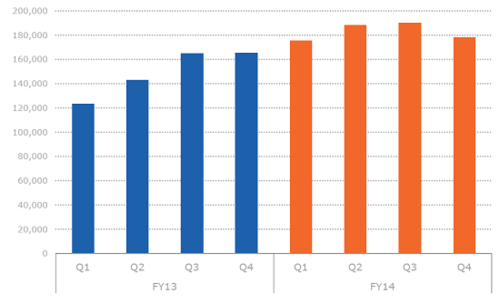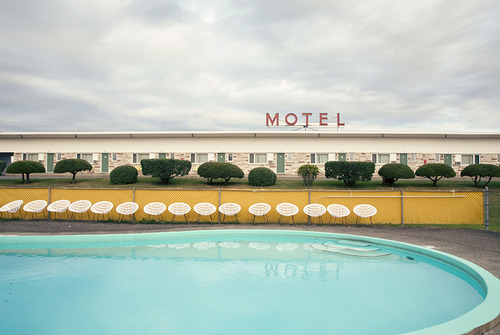Australian online travel agency Wotif recently disclosed that 49% of their hotel-related traffic now comes from mobile (web and apps), a staggering increase of 37% from 2013. The online travel agency, recently acquired by Expedia, manages around 30,000 hotels in Asia, Australia and New Zealand.
That’s a lot of eyes on those little screens… and they are not just browsing. They are happy to pay, too: Wotif adds that the number of nights booked from mobile is now 23% of the total.

Growth in revenue from mobile for Wotif / Source: Tnooz.
The Australian OTA is not alone. Expedia says that one in five nights is now booked from a phone; for Chinese travel agent eLong, it’s almost one in three.
Last minute and more
Clearly, mobile is most useful in specific situations, such as last minute changes while en-route. Not surprisingly, its biggest supporters are frequent business travellers.
On the other hand, travellers are starting to turn to their phones only as an emergency fix: more and more of these bookings are being made more than one week in advance.
Time to invest in better apps
Wind in sails, then? Yes, and no. When surveyed, travellers agree that mobile is still their least favorite way of booking, mostly because it takes them longer than anything else (19 minutes on average!). Small screens and less established technology contribute to a poor user experience.

So – What should hotel marketeers do?
First of all, treat all screens (desktop, phone, tablet) as separate marketing channels and provide the best user experience on each device. By now, having a dedicated booking app should be a no-brainer for anyone in the travel industry.
We expect that better apps and ease of use will make these numbers grow even more.
